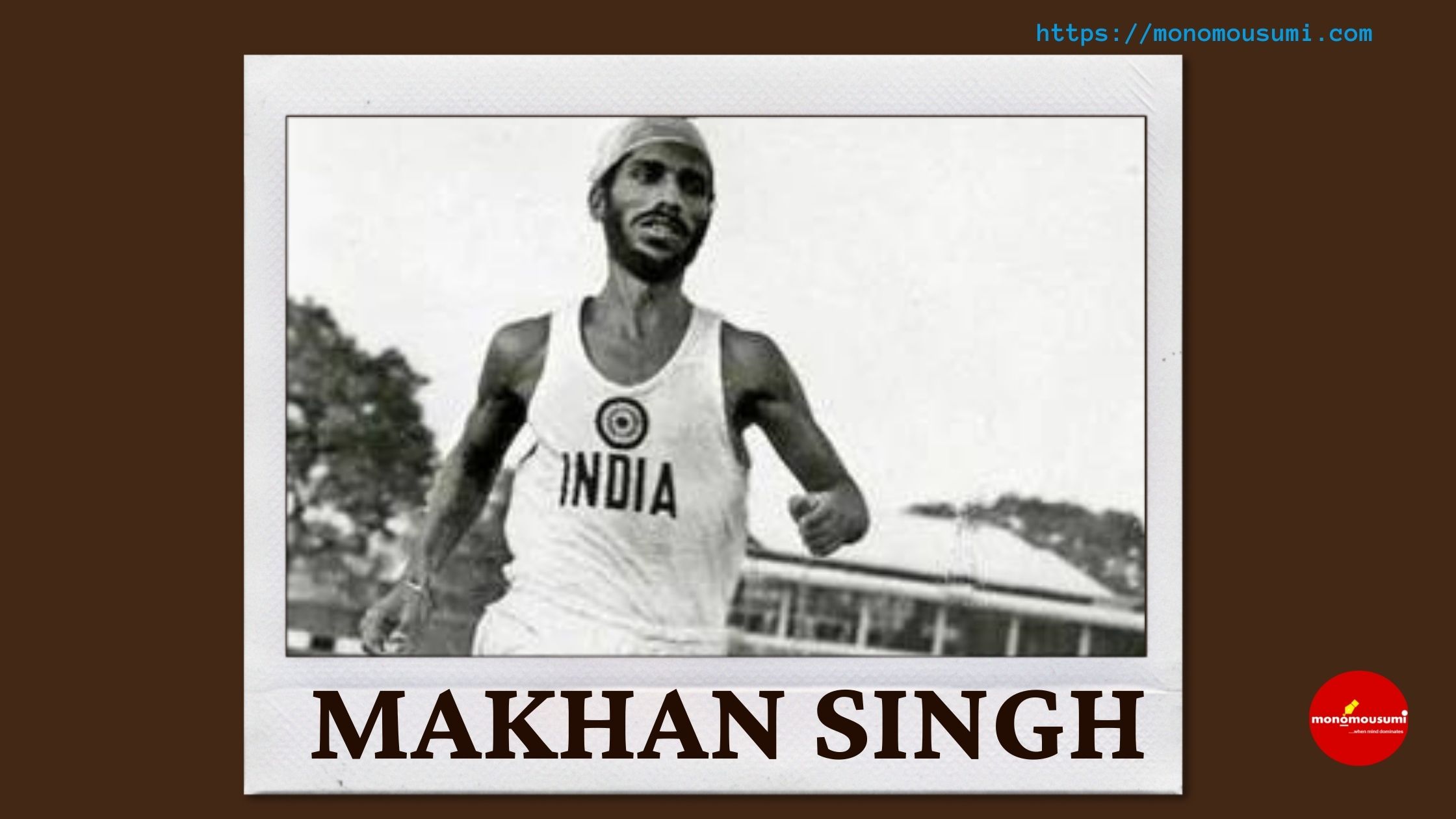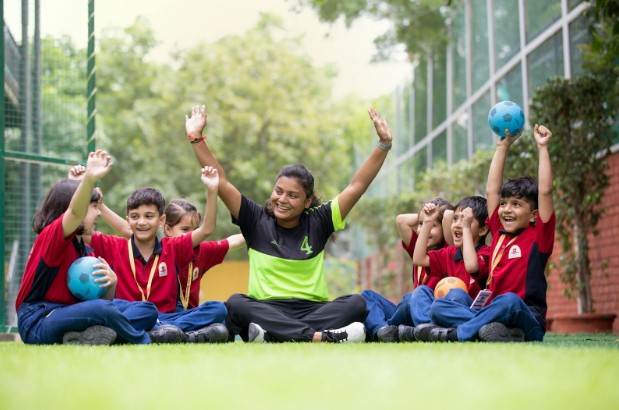
“What is your life goal?” is a question that we all face on a regular basis. In general, there are several responses to this question, but from the perspective of an athlete, the instant reaction would be winning a gold medal at the Olympics, setting a world record, or receiving honors for their nation. Their dedication to their sport, hard effort, and unwavering will to succeed is what propels them to success. The difficulties encountered on this voyage are numerous. Some people are afraid of disappointing their loved ones, while others are afraid of being judged. In any case, we can’t deny that athletes are under a lot of pressure.
In this regard, our country has always been a sports-loving one, producing some of the finest athletes the world has ever seen. Choosing athletics as a vocation here is no laughing matter. Many sportsmen have demonstrated this, and despite adversity, they have risen to the top of their respective sports and now enjoy the recognition and glory that they deserve. On the other side, we have a few players who have committed their life to sports but have been left behind and have had to retire. Incidents like this occur mostly as a result of a lack of support from the surrounding community or for political motives.
Most people are probably aware of the name ‘Milkha Singh,’ who was one of India’s best sons on the racetrack. Because of the speed with which he used to sprint, he was dubbed “The Flying Sikh.” The ‘Flying Sikh Milkha Singh, the famous Indian Olympian, once failed to finish a crucial race in his life. Who won the 400m at the 1962 Kolkata National Games? Makhan Singh is another Olympian. Makhan Singh received the Arjuna Award in 1964 after winning gold and silver medals at the Jakarta Asian Games in 1962.
Makhan Singh was born on July 1, 1937, in the hamlet of Bathulla in the district of Hoshiarpur, Punjab. Singh began competing in athletics after joining the Indian Army in 1955. His first significant competitive athletics triumph came in 1959 when he took bronze at the Cuttack National Games.
Singh earned a gold medal in the short sprint and a silver medal in the 300m event at the National Games in Delhi the following year. Two years later, he won the game that would define his athletic career. In 1960, the legendary ‘flying Sikh’ had already lost an Olympic medal in Rome. Makhan then went on to win the 400m event at the 1962 Kolkata National Games. Milkha subsequently stated in an interview, “If there was one guy I dreaded on the track, it was Makhan.” He was a fantastic athlete who inspired the best in me. I think he’s even better than Pakistan’s Abdul Khaliq.” Makhan won gold for the country at the Asian Games the same year. He earned a gold medal in the 4x400m relay and a silver medal in the quarter-mile run. He went on to compete in the 1964 Tokyo Olympics, where he was a member of both the Indian men’s 4x100m relay team and the 4x400m relay squad. He earned the Arjuna Award the same year.
The Olympian’s life, on the other hand, was not easy. Singh had to fight to make ends meet while representing his country in the world’s largest athletic venue. After leaving the Army as a Subedar in 1972, Singh began driving trucks to Mumbai, Pune, Nagpur, and other cities for pick-up and delivery of commodities.
Author Prateek Sharma wrote in his book A Forgotten Hero: The King of the Racing Paths that when Singh was asked by his colleagues why he was still driving trucks after representing the country at the highest level, he replied, “If you have to praise yourself about your success, then that success is not worth it.” If your success is recognized by the rest of the world, it is a true accomplishment.”.” In 1974, Singh married 21-year old Salinder Kaur and had three children — Inderpal Singh, Gurwinder Singh, and Parminder Singh with her.
While the younger Inderpal and Gurwinder died in 2013 as a result of sickness and a lack of medical care, the elder Parminder was physically challenged. This was over two decades after the star runner was involved in a car accident that injured his right leg in 1990. He ignored the injuries and was subsequently diagnosed with gangrene. Singh was compelled to amputate the leg. To make matters worse, the government gave no financial assistance. Singh, a proud guy, refused to accept money from his sister Surjeet Kaur but had to borrow from a rural neighbor to acquire an artificial leg. Singh started a stationery business in the village of Chabbewal after it became hard for him to drive a truck. He used to pedal 3 kilometers to get there. Singh died of a heart attack in Chabbewal in 2002, at the age of 65. His family continued to be poor.
Makhan Singh died in a terrible death, and his family had become so impoverished that they were considering selling his medal as well as his sports jacket to make ends meet.”Following the involvement, the Union Petroleum and Sports Ministries each paid Rs 5 lakh and Rs 2 lakh in help to his family. His son, Parminder, was also hired as a peon at the District Sainik Welfare Office, earning Rs 7,000 a month.
Makhan reappeared in the public spotlight 11 years after his death, with the release of Rakeysh Omprakash Mehra’s film Bhaag Milkha Bhaag in 2013, which was based on the life of Milkha Singh. Days after the film’s premiere, then-Opposition Leader Sushma Swaraj highlighted the suffering of his family in Parliament.
Makhan Singh’s narrative provides a bleak picture of India’s sporting environment. It explains why Indian parents do not push their children to pursue sports as a vocation. It’s like a smack in the face to the system. Let’s hope we don’t see another situation like this in the future.
By Shreya Patel


